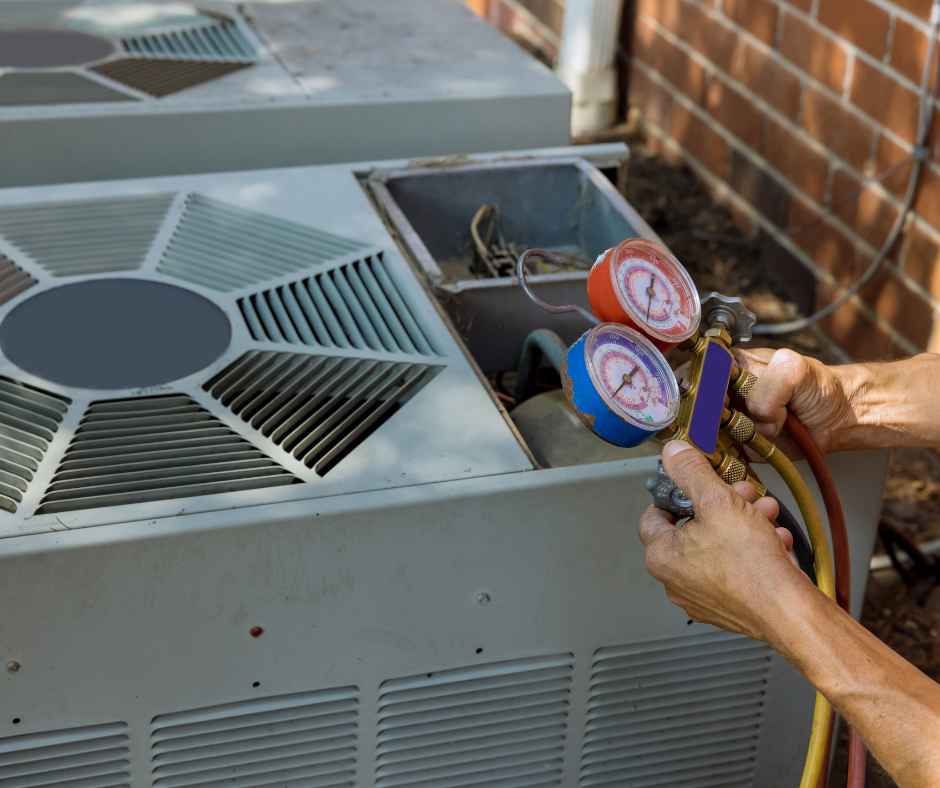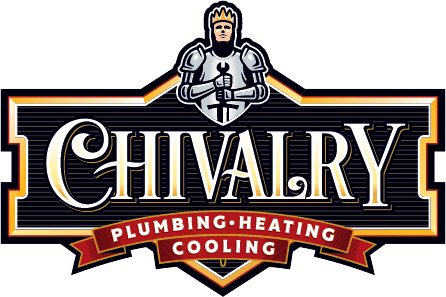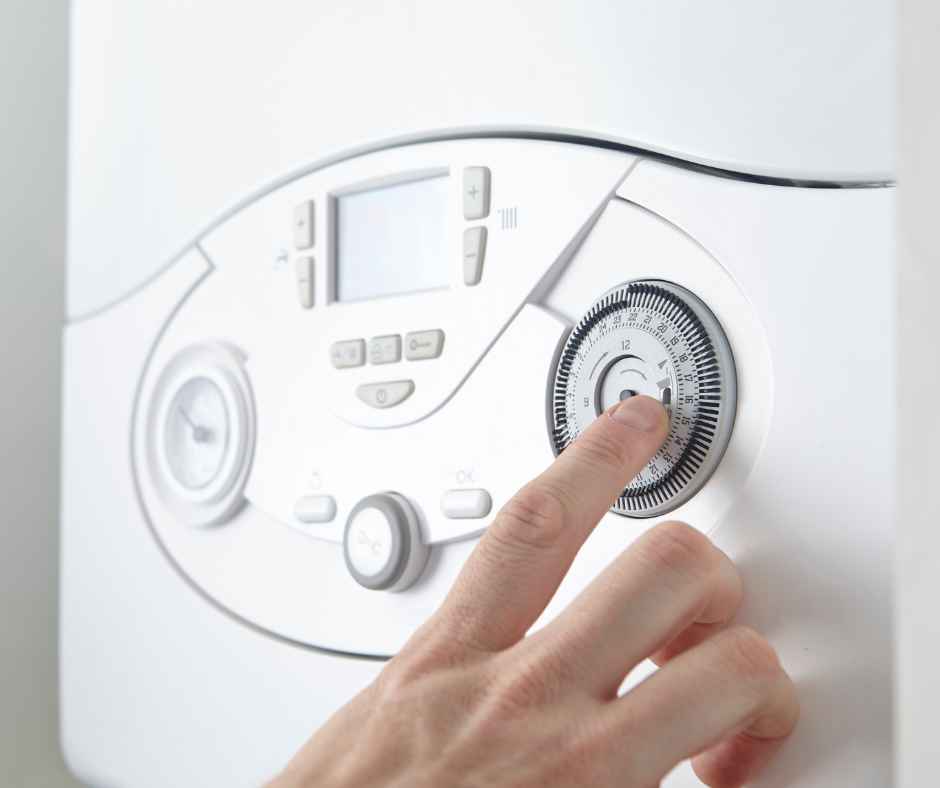
How Does a Boiler Work?
Boilers are essential components in many homes, providing heat and sometimes hot water to keep families comfortable throughout the colder months. But how does a boiler work, and what makes it different from other heating systems? Whether you’re considering a new installation or just curious about your current setup, understanding how boilers operate can help you maintain your system more effectively.
In this blog, we’ll explore the basic principles behind boilers, the differences between steam and gas boilers, and the importance of regular maintenance. Let’s dive into the details of how a boiler works and why proper care is essential for longevity and efficiency.
What Is a Boiler?
A boiler is a heating system designed to generate heat for your home or building by heating water. The heated water or steam is then distributed through pipes to radiators, baseboard heaters, or radiant floor systems to provide warmth. Boilers can also supply hot water for your taps, making them a versatile heating solution. Unlike forced-air systems, which distribute heat via air ducts, boilers rely on water or steam to transfer heat, offering more consistent and energy-efficient warmth.
How Does a Boiler Work?
Boilers operate by heating water, either to produce hot water or steam, which is then circulated throughout your home. The process begins when the thermostat detects a drop in temperature and signals the boiler to turn on. Here’s how a boiler works step by step:
- Ignition: The boiler’s burner, typically fueled by natural gas, propane, oil, or electricity, ignites to produce heat. In a gas boiler, for example, natural gas is mixed with air in the combustion chamber and ignited by a pilot light or electronic ignition.
- Heating the Water: The heat from the burner is transferred to the water in the boiler’s heat exchanger. Depending on the type of boiler, the water can either remain liquid (in a standard hot water boiler) or be converted to steam (in a steam boiler).
- Circulating the Heat: In hot water boilers, the heated water is pumped through a series of pipes to radiators, baseboards, or radiant floor systems, where it transfers heat to your home. In a steam boiler, the water is heated until it becomes steam, which rises through pipes and radiates heat into your living spaces.
- Returning to the Boiler: After the heat has been released, the water or steam cools down and returns to the boiler to be reheated. This cycle continues until the desired indoor temperature is reached, at which point the thermostat signals the boiler to shut off.
Types of Boilers
There are several types of boilers available, with the most common being steam boilers and gas boilers. Here’s a closer look at each type:
1. Steam Boilers
A steam boiler operates by heating water until it turns into steam, which then rises through pipes to provide heat. Steam boilers are typically used in older homes or buildings and are known for delivering consistent, high-temperature heat. However, they require more maintenance than modern boilers due to the higher pressure involved in the system.
- How it works: Steam boilers use pressure to push steam through radiators or pipes to heat your home. Once the steam condenses back into water, it returns to the boiler to be reheated.
- Advantages: Steam boilers are effective at heating larger homes or buildings, and they can provide powerful, consistent warmth.
- Disadvantages: Steam boilers can be less energy-efficient and require more frequent maintenance to prevent issues like corrosion, leaks, and pressure problems.
2. Gas Boilers
A gas boiler is one of the most popular heating systems in homes today. It uses natural gas or propane to heat water, which is then circulated through radiators or underfloor heating systems. Gas boilers are more energy-efficient than older steam boilers and require less maintenance, making them a common choice for homeowners.
- How it works: Gas boilers ignite a burner to heat water inside a heat exchanger. The heated water is then distributed through pipes to provide warmth throughout your home.
- Advantages: Gas boilers are highly efficient, cost-effective, and require less maintenance compared to steam boilers. They are also more environmentally friendly since natural gas burns cleaner than other fossil fuels.
- Disadvantages: Gas boilers rely on access to a natural gas supply. If your home is not connected to a natural gas line, you may need to use propane, which can be more expensive.
Why Do Boilers Need Maintenance?
Like any other heating system, boilers require regular maintenance to operate safely and efficiently. Neglecting maintenance can lead to several issues, such as poor performance, higher energy bills, or even the need for boiler repair. Here are some common maintenance tasks that should be performed on your boiler:
- Cleaning the Heat Exchanger: Over time, soot and debris can accumulate in the heat exchanger, reducing its efficiency and leading to overheating or even damage. Regular cleaning can help maintain optimal performance.
- Checking for Leaks: Boilers operate under pressure, and even a small leak can lead to significant water damage and inefficient heating. Regular inspections can catch these leaks early before they cause major problems.
- Testing the Pressure: In steam boilers, maintaining the correct pressure is essential for safe operation. Too much pressure can lead to dangerous situations, while too little pressure will reduce the boiler’s effectiveness.
- Checking Safety Features: Boilers are equipped with safety features like pressure relief valves and temperature sensors that need to be tested periodically to ensure they are functioning properly.
When to Call for Boiler Repair
Boilers are generally reliable, but issues can still arise over time, especially if the system is not regularly maintained. Common signs that you need boiler repair include:
- Unusual noises coming from the boiler
- Water leaks around the boiler
- Inconsistent heating or no heat at all
- Rising energy bills without an increase in usage
- The boiler frequently turns on and off
If you notice any of these issues, it’s important to call a professional for boiler repair before the problem worsens.
Contact Chivalry Plumbing, Heating & Cooling for Boiler Repair
Understanding how a boiler works can help you maintain your system and keep it running efficiently. Whether you have a steam boiler or a gas boiler, regular maintenance is key to avoiding costly breakdowns and ensuring consistent warmth in your home.
If you’re experiencing issues with your boiler or need professional maintenance, contact Chivalry Plumbing, Heating & Cooling today. Our team of experts is here to provide reliable boiler repair services, ensuring your home stays warm and comfortable all winter long.
Recent News
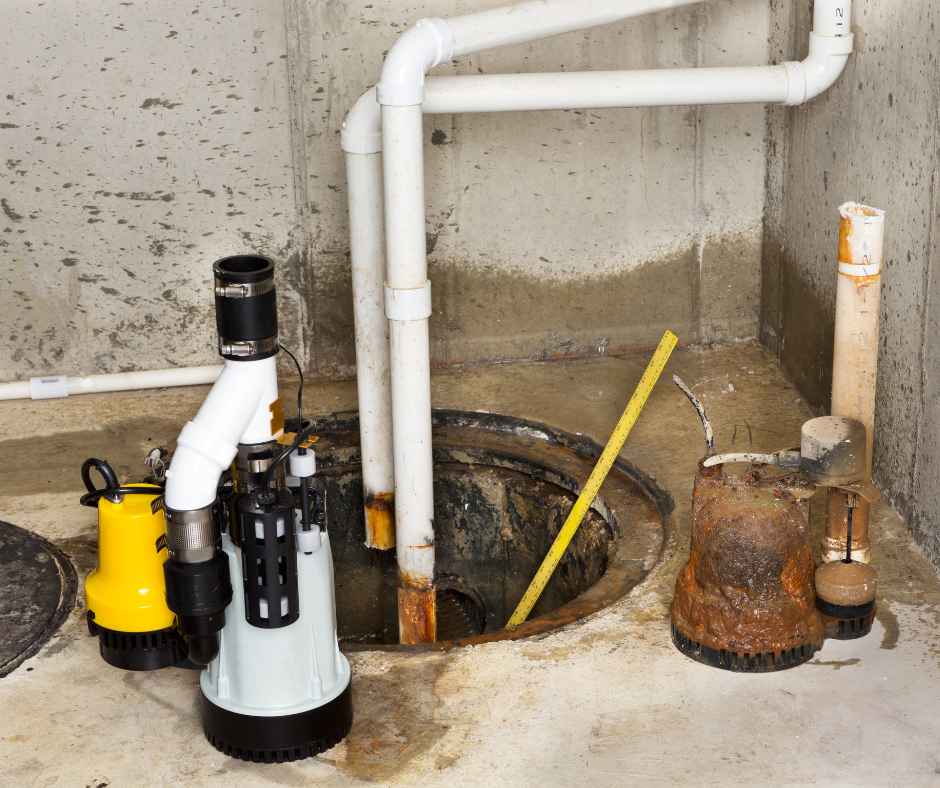
Smart Plumbing Upgrades That Save You Money in New York

Freeze & Burst Protection in Massapequa: How to Safeguard Pipes Before Winter
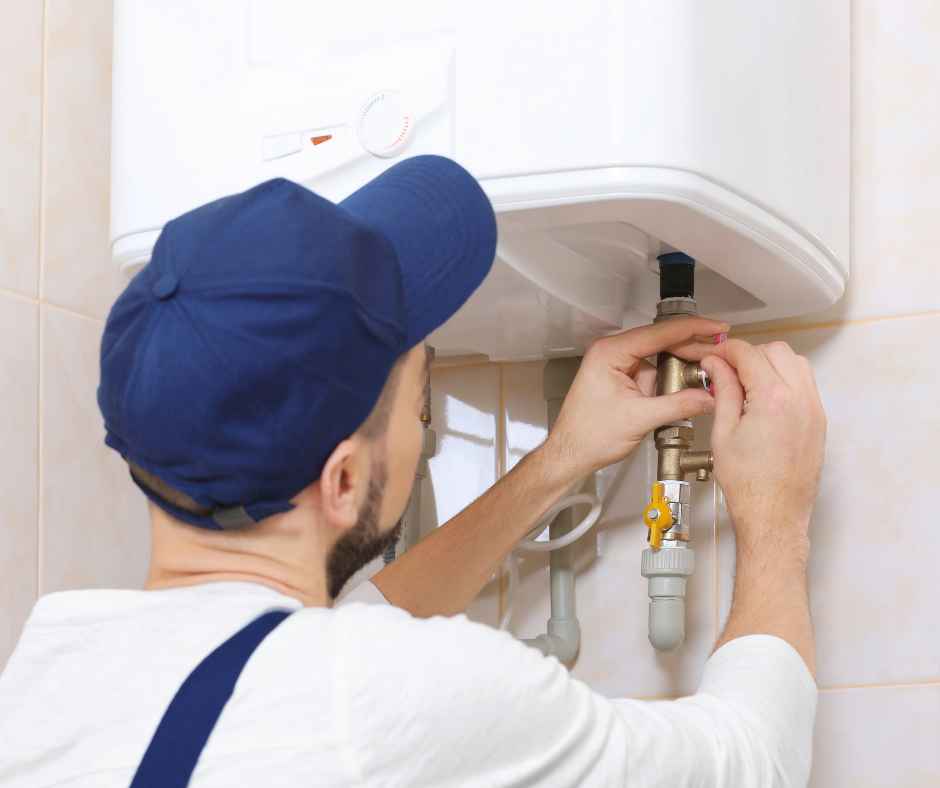
Massapequa Home Plumbing Audit: 20-Point Checklist
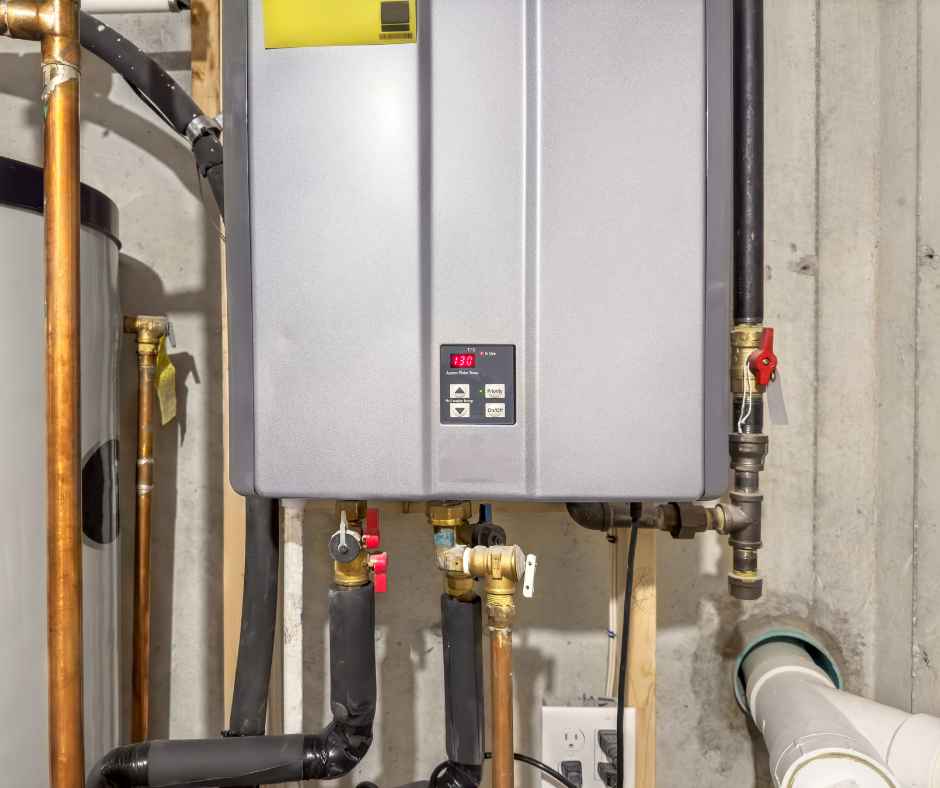
Tankless vs. Traditional Water Heaters: An Unbiased Cost-Benefit Analysis

7 Early Warning Signs of a Hidden Leak (and How to Fix Them Fast)
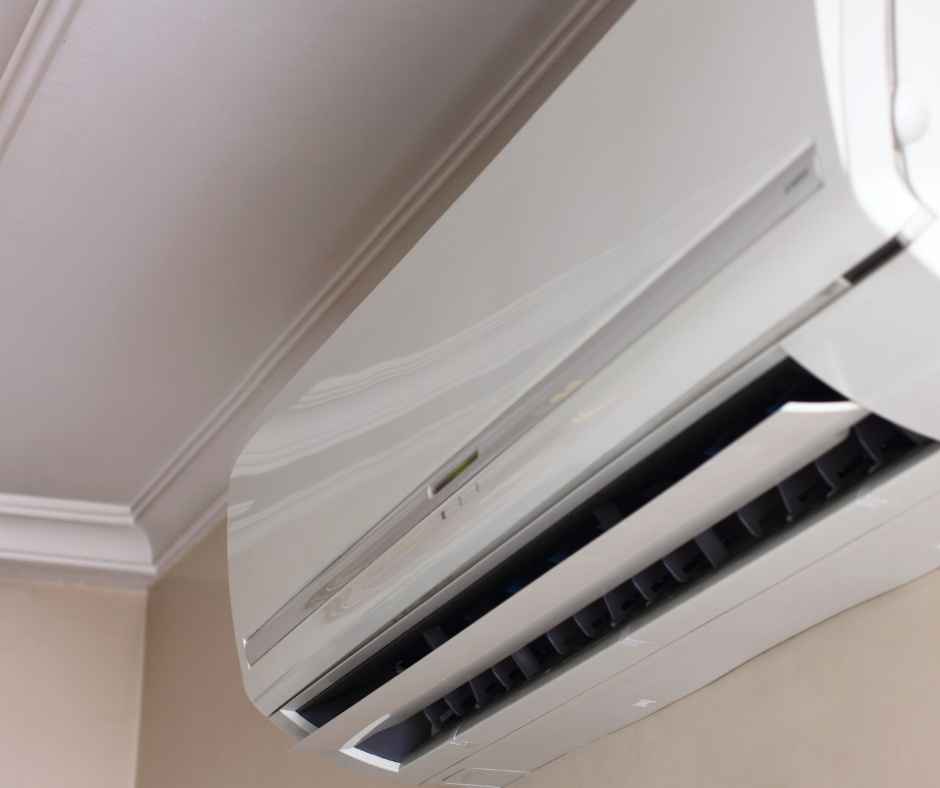
Ductless vs. Central Air Conditioning: Which Is Right for Your Home?
